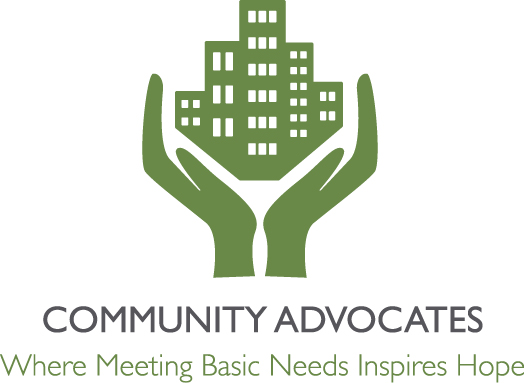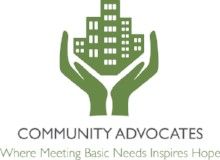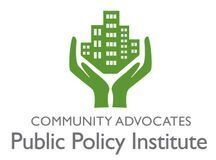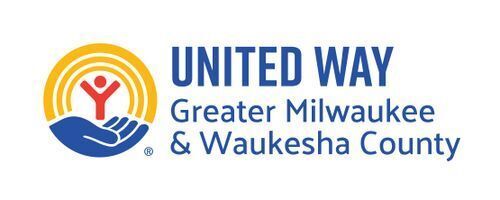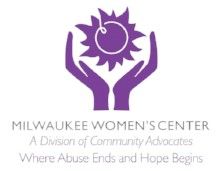
Since 1980, the Milwaukee Women’s Center has been a provider of emergency/crisis shelter, comprehensive support services, domestic violence support groups, case management, recovery support services, day treatment for women, batterer's education for men, children’s programming, and specialized substance abuse services for pregnant women and mothers who are addicted to drugs and alcohol. Here's a look at how the Milwaukee Women's Center made this happen.
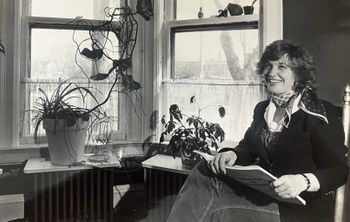
-
Founding and Early Years (1980-1985)
-
1980
The Milwaukee Women's Center (MWC) is founded in 1980 by Constance "Connie" St. John, who served as its first Executive Director. The organization's initial mission was "to foster programs which improve the lot of women in our society," with specific goals to establish shelter for battered women and their children, secure transitional and permanent housing, and develop job training and educational programs.
-
1981
The Milwaukee Women's Refuge opens on the city's south side. This 15-bed shelter facility for battered women and their children was made possible through a $75,000 grant from Milwaukee's Community Block Grant Development program. The center also established a 24-Hour Hotline to respond to women seeking safety, support, and information. During these early years, board members and volunteers organized bingo games and other grassroots events to fund necessities for the Refuge, including clothing, food, and furniture. Some of the Center's first employees were VISTA volunteers.
-
1982
MWC launches Nevermore, a treatment program for men who needed to change their abusive behavior. The curriculum was created by MWC’s Daniel Vega. Although the organization had only three staff positions, it assisted over 400 families. The State of Wisconsin issued its first grant in support of the Women's Refuge that year.
-
1983
The United Way provides its first financial support for MWC, and a grant from the Milwaukee Foundation enabled the Center to offer additional Transitional Living Services to women leaving the shelter. Staff members increased community education efforts on domestic violence, presenting programs to teachers, schools, churches, and community groups.
-
1984
Staff members work with other agencies and activists to revise domestic violence laws. Wisconsin passes a bill broadening the definition of domestic abuse to include all women, regardless of marital status, sexual orientation, or whether they had children. The Center participates in the "Take Back the Night" march and conduct outreach through public service announcements.
-
1985
The Center launches Soaring, a job readiness program funded by the state of Wisconsin, which assisted 50 women with childcare, transportation, GED tutoring, interviewing skills, and on-the-job training for clerical positions. During the same period, MWC staff collaborated with the city government, the District Attorney's Office, and other stakeholders to implement policies that provided greater protection for abuse victims.
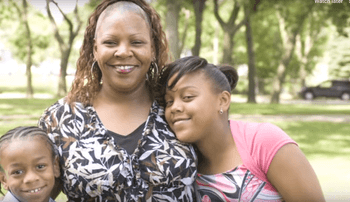
-
Growth and Program Expansion (1987-1994)
-
1987
MWC establishes a state-certified Mental Health, Alcohol and Drug Abuse Clinic, providing assessments and counseling to 400 men and women. The Center also develops the Nurturing Program to provide parents with skills to become effective without physical punishment. In addition, the inaugural "Spring Fling" recognition gala was held, and MWC moves its administrative offices to the historic Loyalty Building.
-
1988
A major rehabilitation of the Women's Refuge begins, funded by HUD. The organization recommitted to a policy of championing diversity in its Board of Directors, clients, and personnel.
-
1989
A statewide Mandatory Arrest Law for cases of domestic violence goes into effect, requiring police officers to arrest suspected assailants if they found evidence of physical abuse. This law represented a significant policy achievement that MWC had advocated for.
-
1990
The POWER (Positive Options for Women Entering Recovery) program launches with state funding, offering clinical and social services to cocaine-addicted mothers and pregnant women.
-
1992
The Center establishes its Older Abused Women's Program (OWAP), founded by Carol Seaver. This program was recognized as "the first of its kind in the nation," according to remarks by Congresswoman Gwen Moore, offering case management, home visits, community education, and support groups for women 50 years and older in abusive relationships.
-
1994
The inaugural Walk Against Family Violence takes place, along with the first "Voices Breaking the Silence" auction. MWC was named lead agency for "Safe at Home," a 5-year, $1.5 million program funded by the Centers for Disease Control and Prevention to explore strategies for curbing violence against women and girls.
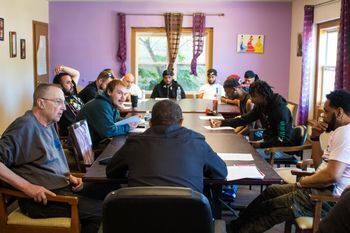
-
Continued Innovation and Growth (1995-2006)
-
1995
The Second Stage program is established through a HUD grant to provide long-term case management and housing services to battered women and their children experiencing homelessness. The Nevermore for Boys and Girls program also begins engaging adolescents.
-
1996
MWC hosts “The Journey Continues: Alliances for Women into the 21st Century.” That same year, Wisconsin passed Act 229, which increased protection for abuse victims by extending the no-contact period from 24 to 72 hours.
-
1997
MWC partners with the Children's Service Society to form Innovative Family Partnerships Inc., providing child welfare services to families in a single zip code area of Milwaukee County. That same year, Carey Tradewell participates in a panel that created a Substance Abuse Treatment and Domestic Violence Treatment Improvement Protocol for SAMHSA.
-
1999
MWC purchases the former Social Security building, which, after renovations, becomes home to the POWER and the Birth to Three programs.
-
2000
The organization celebrates its 20th year of service and advocacy in the movement to end family violence.
-
2002
Clients and the community celebrate the Older Abused Women's Program's 10th anniversary. Carol Seaver was honored with the National Sunshine Peace Award for her extraordinary efforts in the domestic violence field.
-
2003
Carey Tradewell speaks at the National Advisory Committee on Violence Against Women meeting at the U.S. Department of Health and Human Services (DHHS) in Washington, D.C.
-
2004
The Carol Seaver Suites at the Milwaukee Women's Center were dedicated, providing emergency housing for older or disabled women fleeing domestic abuse. A community dedication ceremony featured notable guests, including Congresswoman Gwen Moore, the police chief, mayor, and state representatives.
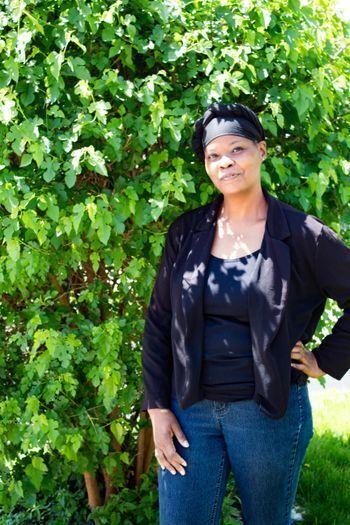
-
Merger and Recent Developments (2007-Present)
-
2007
The Milwaukee Women's Center merges with Community Advocates, becoming a division of the larger organization. Leaders of both organizations determined that a merger would be beneficial, as it would offer compatible missions and shared visions. All Milwaukee Women's Center programs and staff were transferred intact without disrupting client services.
-
2009
Founder Connie St. John passes away, and the shelter moves to its current location.
-
2011
The Bottomless Closet, a new downtown boutique featuring work-appropriate, gently used, and new clothing available to men and women entering the workforce, becomes a program within the Milwaukee Women’s Center.
-
2019
MWC's OAWP attended the kickoff and training-the-trainer conference for Law Enforcement training in Washington, D.C., continuing the organization's tradition of influencing policy and training.
-
2020
The Milwaukee Women's Center adapts its services during the COVID-19 pandemic by transitioning many programs to virtual platforms, ensuring continued support for individuals facing domestic violence, homelessness, and substance use issues. The Center maintained emergency shelter operations with enhanced safety protocols and provided crisis intervention and 24/7 support through hotlines.
-
2023
Through a grant from the State of Wisconsin Department of Children and Families, the Nevermore Batterers Intervention Program begins serving youth who are exposed to domestic violence in their homes and at risk of perpetrating domestic violence in the future.
-
2025
The Milwaukee Women’s Center celebrates its 45th anniversary, honoring past and present staff and survivors who have progressed from crisis to safety, reflecting on its longstanding commitment to the community.

